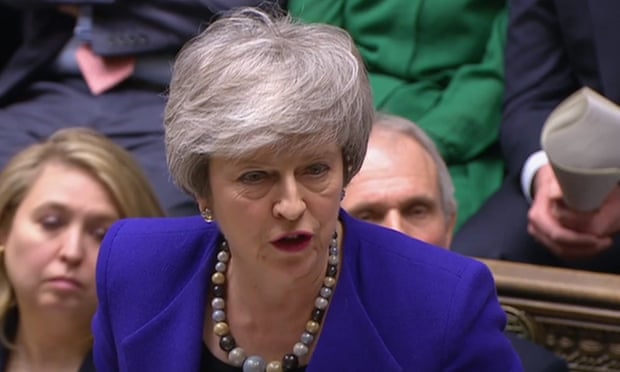
By: Sam Giacobello | Writer
February 1, 2019
Back in 2016, Britain shocked the world with a referendum to leave the European Union, with the leave vote receiving 51.9% of the vote to defeat the 48.1% for stay. Although this vote occurred nearly three years ago, the date decided on to leave the EU was set for March 29, 2019. Perhaps due to this late deadline, a future-altering vote for all of Europe is not even an thought in the minds of many Americans.
“I thought Britain left the European Union a long time ago,” senior Sophia Helm said when asked about the issue. A date that seemed so far in the future (and to some was even forgotten), however, is now less than two months away, and uncertainty about the future only continues to increase.
British Prime Minister Theresa May is currently in the process of ironing out a deal that will please both the European Union and British lawmakers, something that seems to be far more difficult than she may have imagined. On January 15, May faced overwhelming defeat when her Brexit deal with the EU was rejected by the British Parliament in a 432-202 vote. In an attempt to make sure a deal is made before February 26, the deadline for Britain to propose a new departure date or strike a deal, Theresa May forced lawmakers to discuss their expectations for a Brexit deal on January 29. The Prime Minister survived a crucial vote that would have seen Brexit delayed and her executive authority undercut, Parliament voted against May in an amendment that almost guarantees Britain will not leave the bloc without a new deal on Brexit.
So what happens if there is no deal made on Brexit in the next month?
In the event of a “no-deal” Brexit, Britain is predicted to face major consequences in the economic sector. According to the Bank of England, such a result will shrink Britain’s economy 8% and decrease house prices by nearly 30%. Such an economic hit will be more than what Britain faced in the 2008 global financial crisis. Given this incredible effect if no deal is made soon, maybe May and the British Parliament will need to compromise on a deal for the good of the country.
Although many politicians have been quick to play down Brexit as having no effect on the United States, it really is just the opposite. If the UK leaves the European Union, the United States loses their strongest connection into Europe. The US has relied on trade with Europe since the 2008 financial disaster, and a decrease in our trade relations with such a large market will have significant consequences back on our side of the Atlantic. Such consequences will be headed by continued high interest rates that began with the political turbulence throughout Europe.
“I didn’t really know Brexit would affect us,” senior Daisy Frauenzimmer said. “But I would guess high interest is going to have a big effect on the economy and politics.” So anyone who thinks the US is safe from European problems should probably consider that distance makes very little difference when the world is as connected as it is today.
At the moment, The European Union is willing to listen and negotiate on a new Brexit deal, but that will not be a possibility until agreement is reached within Britain itself.

Leave a Reply